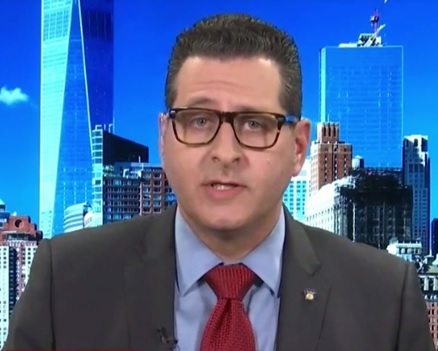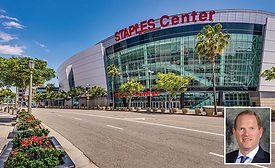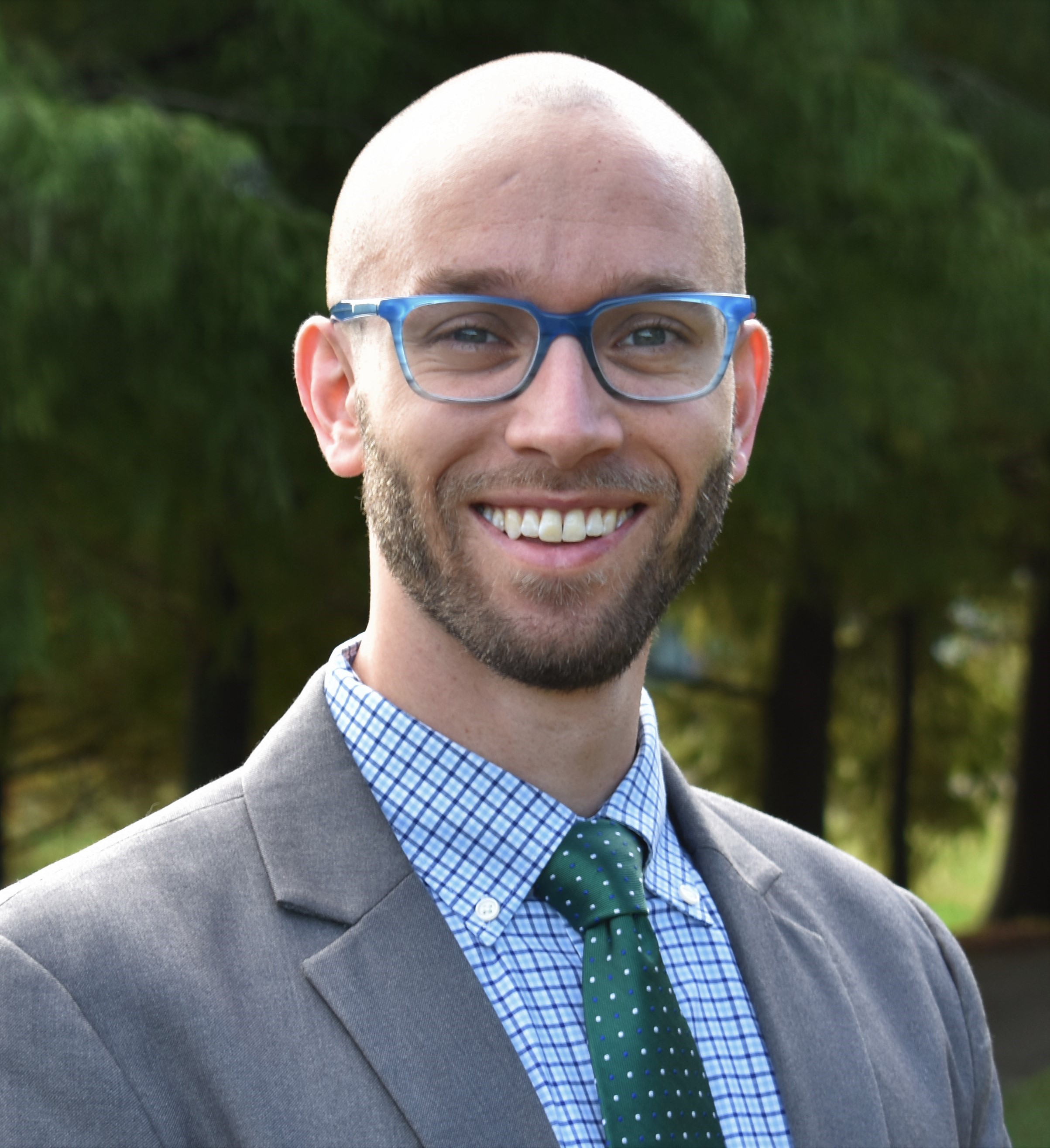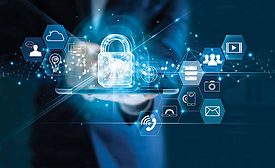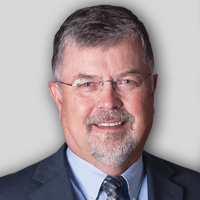Featured on Home Page
Access control, cameras and culture change are among the remedies security directors have in mind.
Read More
Training for Better Sports Security: See Something, Say Something, Do Something
Sports security leaps forward with proactive game day training and information-sharing.
July 1, 2018
Sign-up to receive top management & result-driven techniques in the industry.
Join over 20,000+ industry leaders who receive our premium content.
SIGN UP TODAY!Copyright ©2024. All Rights Reserved BNP Media.
Design, CMS, Hosting & Web Development :: ePublishing


